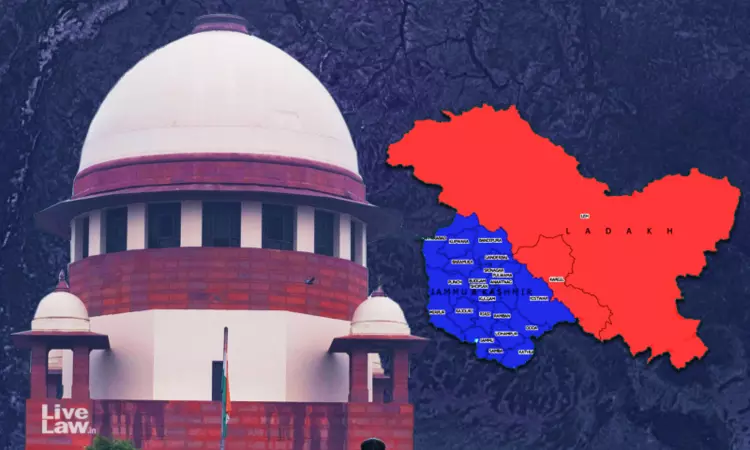While upholding the delimitation exercise carried out in the Union Territory of Jammu and Kashmir, the Supreme Court has rejected the arguments raised by the petitioners on the basis of comparisons with the Telangana-Andhra Pradesh and North Eastern states.The petitioners' case was mainly based on Article 170 (3) of the Constitution of India that freezes delimitation exercise till the...

